As we journey through life, our bodies undergo various changes, and our oral health is no exception. As we age, our teeth and gums require special attention and care to ensure they remain healthy and functional. In this article, we’ll explore some of the common oral health concerns faced by seniors and discuss practical solutions for maintaining a healthy smile well into the golden years.
Understanding Common Oral Health Concerns for Seniors
- Tooth Decay and Cavities: As we age, our enamel may wear down, making our teeth more susceptible to decay and cavities. Additionally, changes in saliva production and composition, often due to medications commonly taken by seniors, can contribute to an increased risk of tooth decay.
- Gum Disease: Gum disease, or periodontal disease, is a prevalent concern among seniors. It can lead to gum recession, tooth loss, and even systemic health issues if left untreated. Factors such as poor oral hygiene, smoking, diabetes, and certain medications can increase the risk of gum disease in seniors.
- Tooth Sensitivity: Aging teeth may become more sensitive to hot, cold, or sweet foods and beverages due to receding gums, worn enamel, or exposed tooth roots. This sensitivity can make eating and drinking uncomfortable and may indicate underlying dental issues that need to be addressed.
- Tooth Loss: Seniors are more prone to tooth loss due to factors such as decay, gum disease, and years of wear and tear on the teeth. Missing teeth can impact chewing ability, speech, and self-confidence, highlighting the importance of preventive care and prompt treatment of dental issues.
- Dry Mouth: Many medications prescribed to seniors can cause dry mouth, a condition characterized by a lack of saliva production. Dry mouth can increase the risk of tooth decay and gum disease since saliva helps neutralize acids in the mouth and wash away food particles and bacteria.
Solutions for Maintaining Oral Health in Seniors
- Regular Dental Check-ups: Routine dental visits are essential for seniors to monitor their oral health, address any concerns promptly, and receive professional cleanings. Dentists can detect and treat oral health issues early, preventing them from progressing into more serious conditions.
- Proper Oral Hygiene: Seniors should brush their teeth at least twice a day with fluoride toothpaste and floss daily to remove plaque and food particles that can lead to decay and gum disease. Using a soft-bristled toothbrush can help prevent irritation to sensitive gums.
- Use of Fluoride Products: Fluoride helps strengthen tooth enamel and prevent cavities. Seniors may benefit from using fluoride toothpaste, mouthwash, or gels as recommended by their dentist. In some cases, dentists may also prescribe fluoride supplements for individuals at higher risk of tooth decay.
- Treatment for Gum Disease: If gum disease is present, seniors should undergo appropriate treatment, which may include professional cleanings, deep cleaning procedures (scaling and root planing), antibiotic therapy, or surgical intervention in severe cases. Gum disease treatment can help prevent tooth loss and preserve gum and bone health.
- Managing Dry Mouth: Seniors experiencing dry mouth can alleviate symptoms by staying hydrated, using sugar-free lozenges or gum to stimulate saliva production, and discussing alternative medication options with their healthcare provider. Dentists may also recommend saliva substitutes or prescribe medications to increase saliva flow.
- Dentures and Implants: For seniors who have lost teeth, dentures or dental implants can restore function and aesthetics. Proper care and maintenance of dentures are crucial for oral health, including regular cleaning and adjustment to ensure a proper fit. Dental implants offer a more permanent solution for tooth replacement and can help prevent bone loss in the jaw.
- Healthy Lifestyle Habits: Eating a balanced diet rich in fruits, vegetables, and calcium is essential for maintaining oral health. Seniors should limit sugary snacks and beverages, which can contribute to tooth decay. Avoiding tobacco products and excessive alcohol consumption can also help prevent oral health problems.
- Smoking Cessation: Quitting smoking can significantly improve oral health and reduce the risk of gum disease, tooth loss, and oral cancer. Seniors who smoke should seek support and resources to help them quit, such as counseling, nicotine replacement therapy, or medication.
While aging presents unique challenges for maintaining oral health, proactive care and regular dental visits can help seniors preserve their smiles for years to come. By addressing common concerns such as tooth decay, gum disease, and dry mouth with appropriate preventive measures and treatments, seniors can enjoy improved oral health and overall well-being in their golden years. Remember, a healthy smile contributes to a better quality of life at any age. Prioritizing oral health as we age ensures that we can continue to eat, speak, and smile with confidence for years to come.

